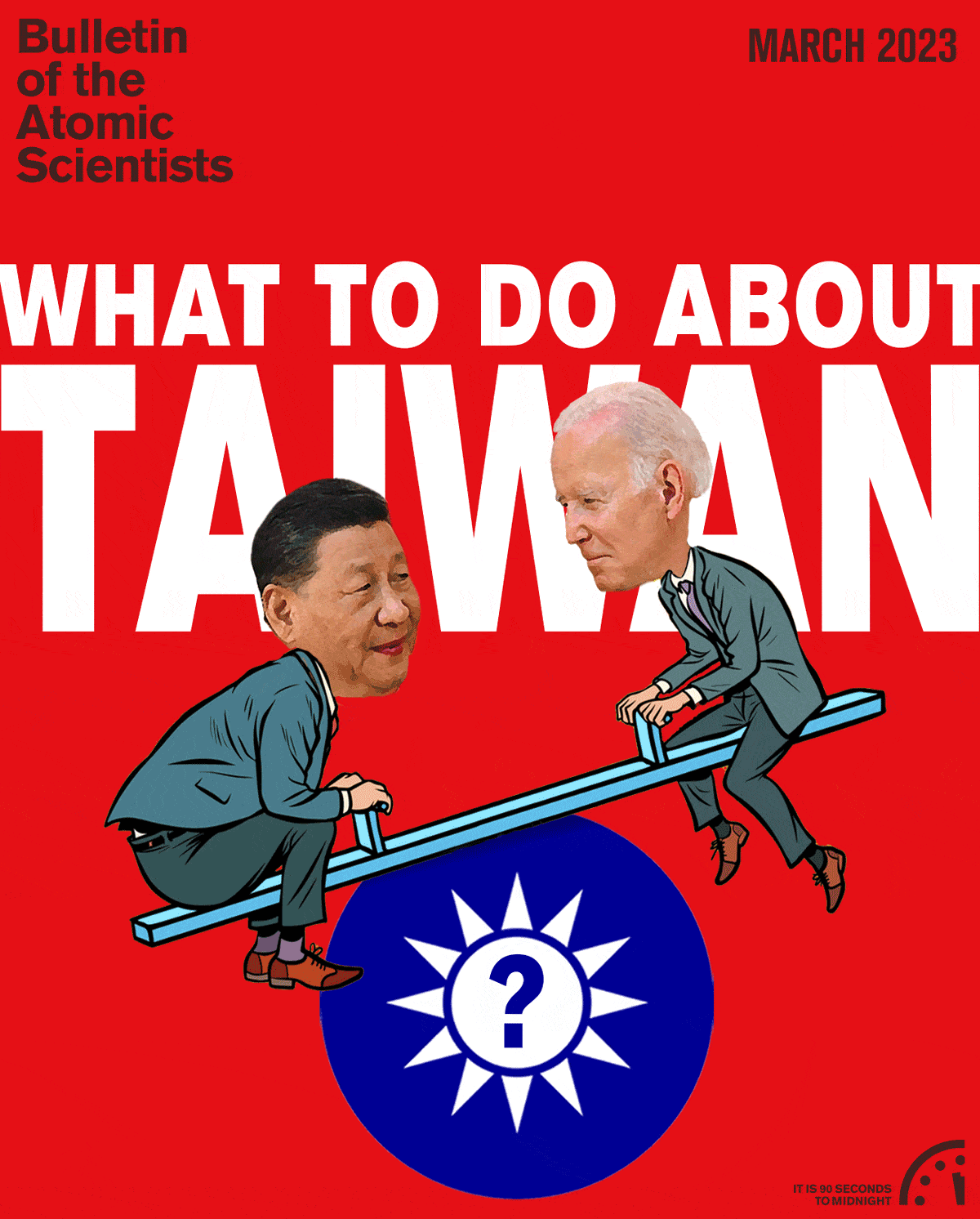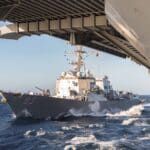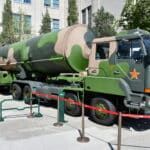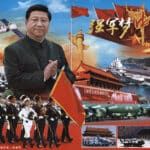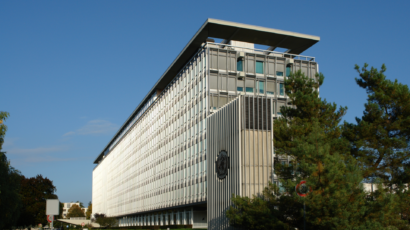Introduction: How to negotiate the China-Taiwan impasse
By Dan Drollette Jr | March 13, 2023
Introduction: How to negotiate the China-Taiwan impasse
By Dan Drollette Jr | March 13, 2023
With much of the world’s attention focused on Russia and Ukraine, it could be easy to look away from rising tensions between China and Taiwan.
That would be a mistake, as a variety of experts in various fields attested for this issue. We asked these experts to analyze the China-Taiwan dilemma from the angles they thought most useful. Most—but not all—favor dialogue and cooperation with China, wherever and whenever it can be achieved. But US policy on Taiwan has always been a balancing act that includes some measure of military deterrence.
So the analyses of potential responses to this complex and longstanding impasse are, as one might expect, disparate.
As Cold War veterans Richard Garwin and Frank von Hippel point out in “How to avoid nuclear war with China,” the stakes of a US-China faceoff over Taiwan are high. There is a significant probability that a war between China and the United States would escalate to threats of nuclear weapons use—or even using them. It is urgent that the two countries launch talks on nuclear arms control, they argue, both to prevent a nuclear arms race and to reassure one other that both want to avoid a nuclear conflict. Meanwhile, Garwin and von Hippel say, citizens need to re-engage with their governments to urge alternatives to a new nuclear arms race, and US scientists should brainstorm with their Chinese counterparts about how to persuade governments to reduce nuclear risks.
Jingdong Yuan of Sydney University writes that the United States should re-examine its decades-long “One China” policy and the messages that it sends. In his essay “The United States and stability in the Taiwan Strait,” Yuan argues that China’s growing economic power and increasing military capabilities will pose ever-more difficult challenges to US security commitments to Taiwan. The ways in which Washington has chosen to respond so far—legislation conveying US support and commitment, engagement in high-level official exchanges, support for Taiwan’s pursuit of greater international space, and more arms sales—are sending messages to Beijing. How these major US policy changes are interpreted and implemented under the new environment imposed by China could affect Taiwan’s security—and whether a war can be avoided.
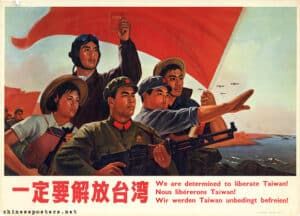
“Yiding yao jiefang Taiwan”
This 1971 poster became very popular in the West, and was subsequently re-issued with subtitles in English, French, and German, as seen here. It decorated many students’ rooms, alongside the portrait of Che Guevara. Source: https://chineseposters.net/posters/e3-748
For several historical reasons, mistrust of the United States remains relatively strong among the Taiwanese people. As Washington policy makers continue to debate Taiwan policy through the lens of US-China relations, most of the discussion has been focusing on how to deter China from attacking Taiwan; few are articulating the importance of the need to reassure Taiwan as well. In his article “To reassure Taiwan and deter China, the United States should learn from history,” Catholic University doctoral candidate Clark Aoqi Wu argues that any effective US policy toward Taiwan should include both credible military deterrence of China and clear reassurances for Taiwan—a policy that would require the United States to exchange its “strategic ambiguity” stance for one of “strategic clarity.”
Lyle Goldstein of Brown University emphasizes the role of diplomacy in China-Taiwan relations, saying that “unlike Ukraine, Taiwan likely could not be reinforced during a war since it will almost surely be blockaded and thus completely isolated.” In his essay “The trouble with Taiwan,” he notes that “[t]he island is also about 15 times smaller than Ukraine, while China’s military budget is considerably larger than that of Russia. In short, the Ukraine War has likely not saved Taiwan… [W]ise and cautious diplomacy must prevail since I see no feasible military solutions.”
Other observers—including the Hoover Institution’s Larry Diamond and Adm. James Ellis—are more hawkish. Diamond and Ellis believe that today’s China is a neo-totalitarian regime that represents a growing risk to peace. Over the next decade, they argue, a Chinese attack on Taiwan cannot be avoided—unless the Chinese leadership is forced to accept that the costs of a military invasion would be too great to bear. In their article “Deterring a Chinese military attack on Taiwan,” Diamond and Ellis call for a “porcupine strategy” in which Taiwan fields large quantities of small, mobile, affordable, and resilient anti-air and anti-ship systems to resist airborne or amphibious invasion. (One can think of this approach as reminiscent of how Ukraine responded in the first stages of Russia’s invasion—Taiwan would essentially try to “Ukraine-ize” the basic, on-the-ground situation, to coin a cliché.)
They argue that there is no way to prevent war over Taiwan, other than for Taiwan and the United States—hopefully in closer cooperation with Australia, Japan, and perhaps others—to prepare more energetically and intelligently for it. Peace through strength, deterrence through preparation, they argue, echoing Cold War rhetoric from decades past. The future will show whether that approach or another makes a US-China military confrontation over Taiwan more or less likely to happen, and if it does, more or less likely to escalate toward catastrophe.
Together, we make the world safer.
The Bulletin elevates expert voices above the noise. But as an independent nonprofit organization, our operations depend on the support of readers like you. Help us continue to deliver quality journalism that holds leaders accountable. Your support of our work at any level is important. In return, we promise our coverage will be understandable, influential, vigilant, solution-oriented, and fair-minded. Together we can make a difference.
Keywords: China, South China Sea, Taiwan, Taiwan Straits, US-China Relations
Topics: Special Topics

